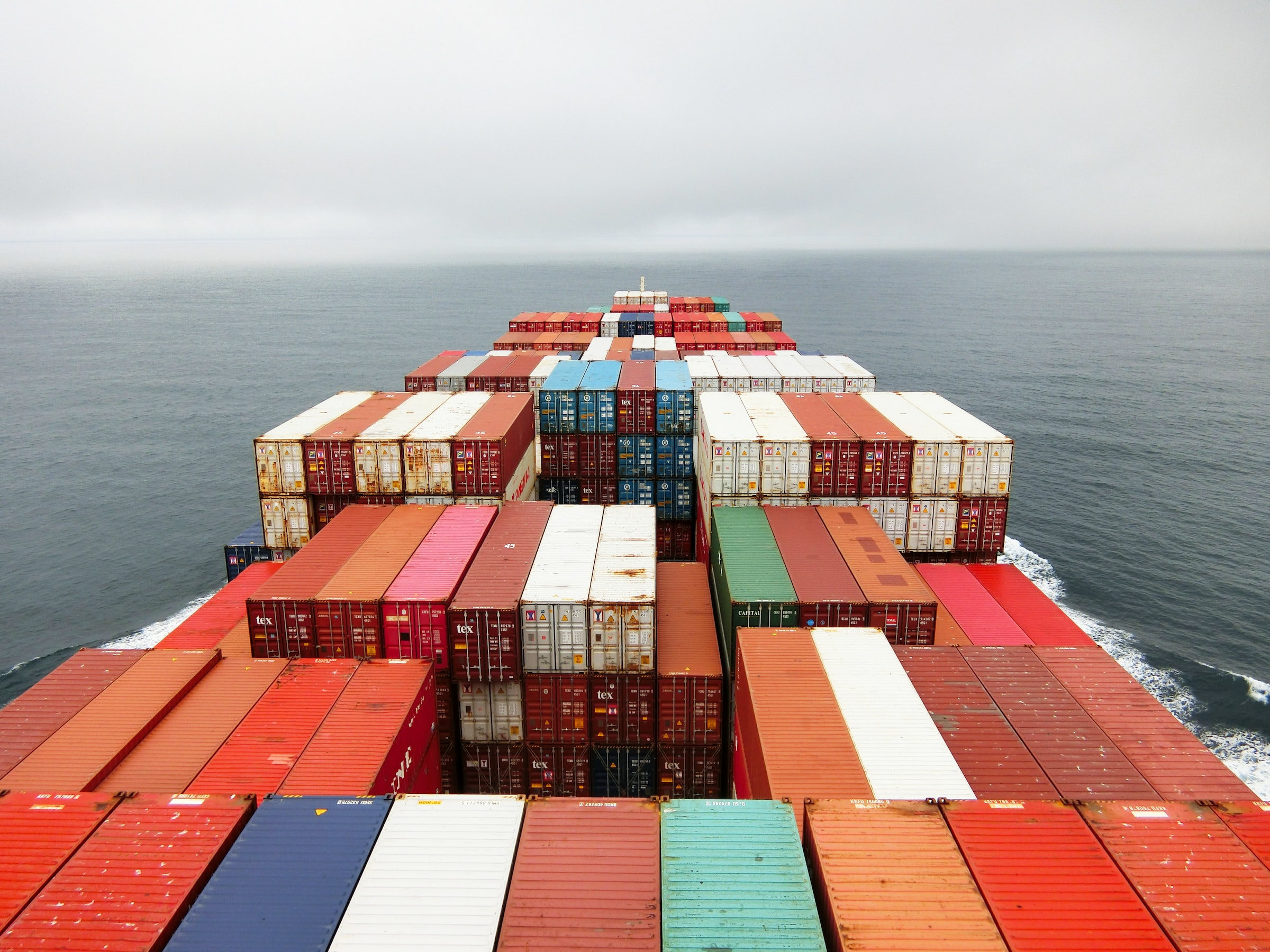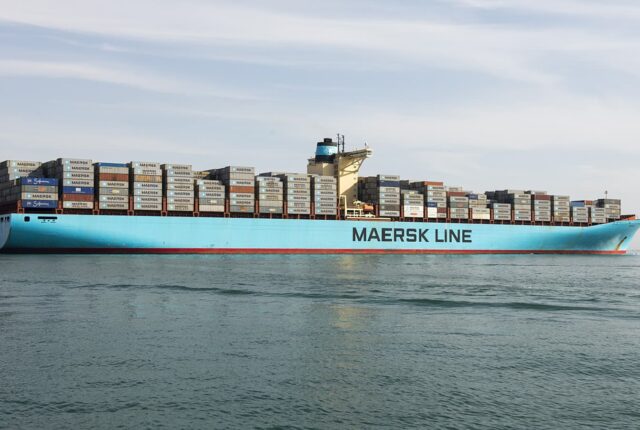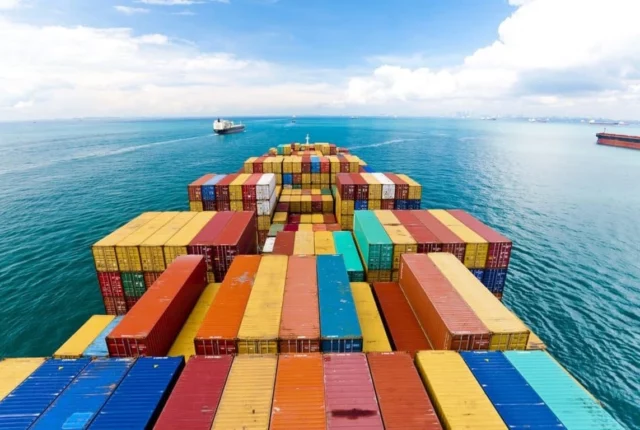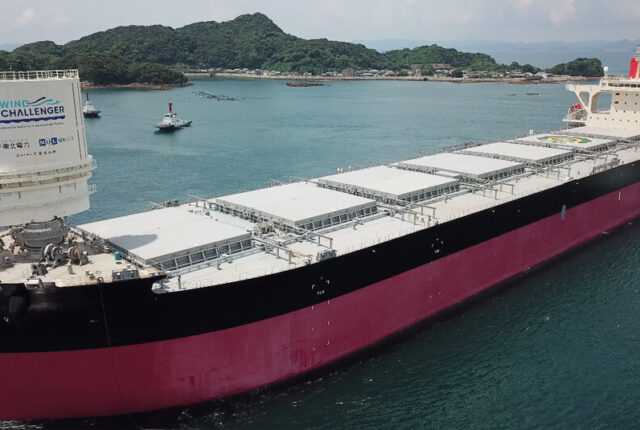
Container Shipping Schedule On 20 Month High
Now life is slowly getting back to normality after COVID, the container shipping schedule is on 20 Month High, as it becomes more reliable. For the global shipping industry this is a huge step forwards to achieving a sustainable shipping platform like before the pandemic.
For a year and a half, from 2020-2022 only a third of the container shipments were on schedule. Now, things are seeming much rosier. In August 2022 the amount of container shipments on time had risen to half. The average delay of shipping continues to improve as well, as the industry reports declines in volumes and a retreat from the surge experienced in 2021.
“Global schedule reliability continues to trend upwards, recording the largest month-over-month increase in 2022,” highlights Alan Murphy, CEO of Sea-Intelligence. “The average delay for late vessel arrivals has been dropping sharply so far this year,” he notes, falling to the lowest level since April 2021 and only the second time in 20 months that it has been below six days.
Throughout 2021 Se-Intelligence highlighted the low level of reliability for container carriers. In January 2022 less than one in three vessels were delivered on time. The firm analyzes schedule reliability across 34 different trade lanes and more than 60 carriers.
After close analysis, the figures in August 2022 show that there has been a 6 percentage point increase. Overall the reliability has improved to 46.2%. From 2021-2022 this figure has been much lower, in the 30s. The scheduling reliability is still not back to what it was, however the last few months has seen a vast improvement, showing that things are slowly coming back to normal. Sea-Intelligence’s data shows that the recent peak was over 80 percent schedule reliability in the second half of 2019.
ATO Shipping is a global brand with a fantastic history of reliability. No matter what produce you are shipping, ATO Shipping will ensure the delivery gets to its destination on time.
It is unsure if this trend of improvement will continue as container volumes continue to decline despite the sector being in what is traditionally a high season leading up to the end-of-year holidays.
Confronted with over capacity for the first time in two years, carriers are increasing their use of blanked sailings again and consolidating routes. Companies such as MSC and Maersk are suspending routes from Asia to manage capacity and reduce the number of vessels at sea. This should further reduce port backlogs.
Once the vessels have been reduced, this should improve the container shipping schedule as there’ll be less backlog in ports. Vessels, however, will also be consolidating volumes to maximise capacity utilisation which means that the vessels will still require longer port times to handle containers.
Source: maritime-executive.com






